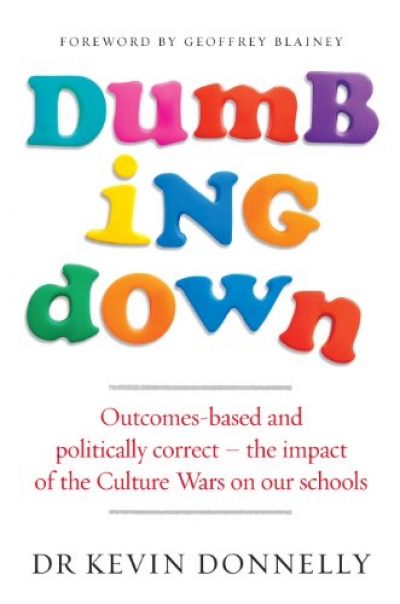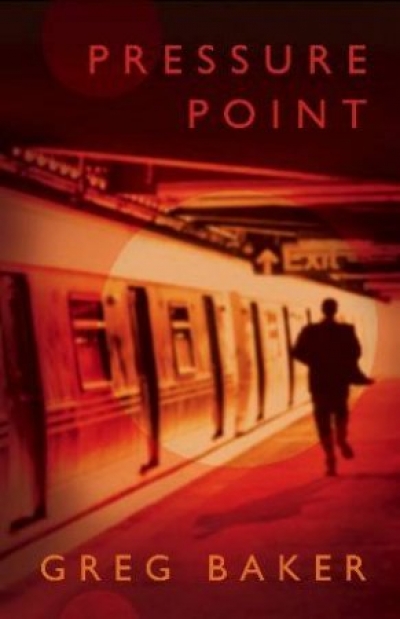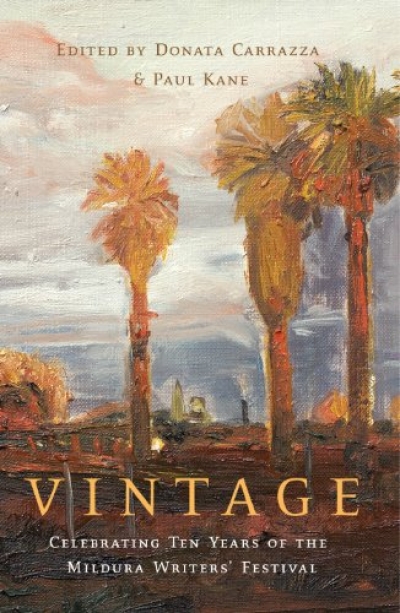Hardie Grant Books
Dumbing Down: Outcomes-based and politically correct – the impact of the culture wars on our schools by Kevin Donnelly
by Ilana Snyder •
Pressure Point by Greg Baker & The Millionaire Float by Kirsty Brooks
by Simon Caterson •
Vintage: Celebrating ten years of the Mildura writers' festival edited by Donata Carrazza and Paul Kane
by Morag Fraser •





